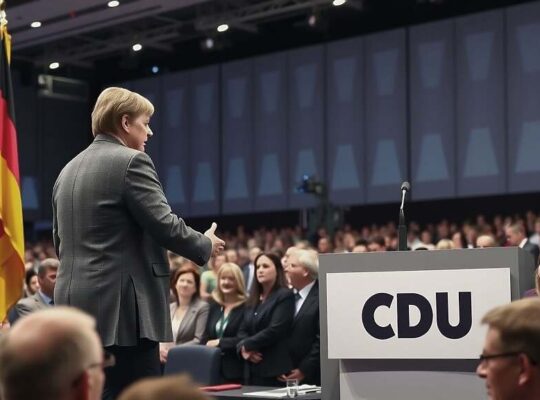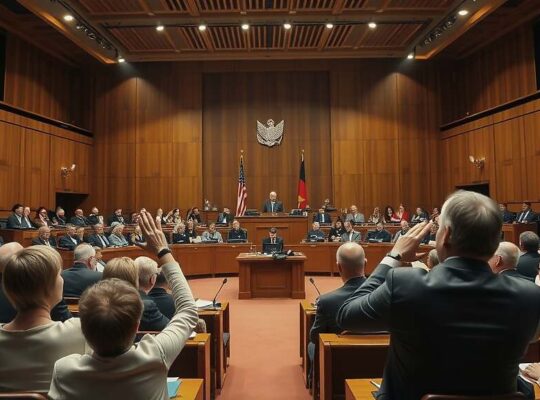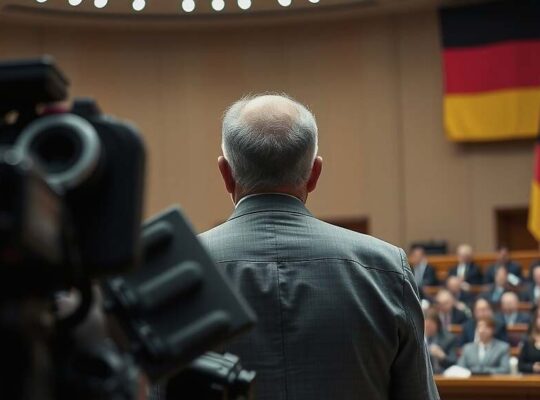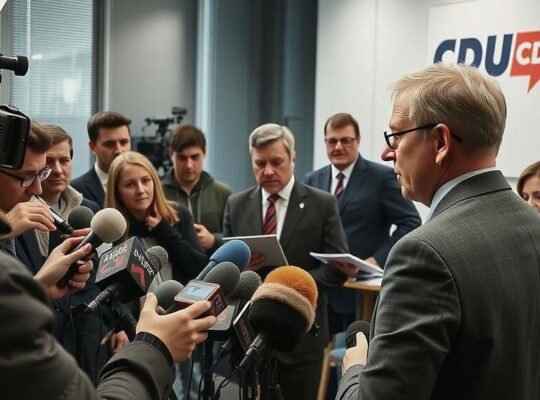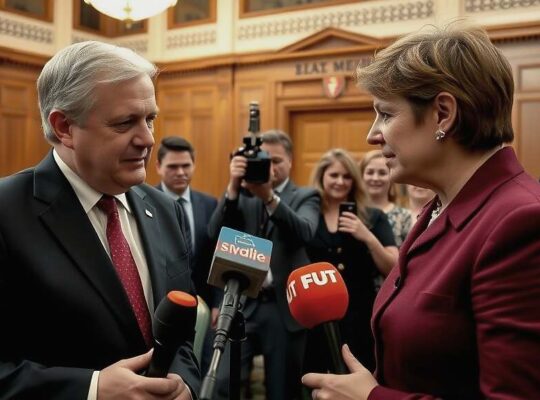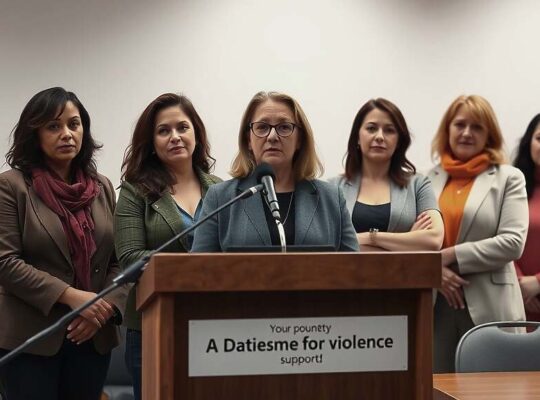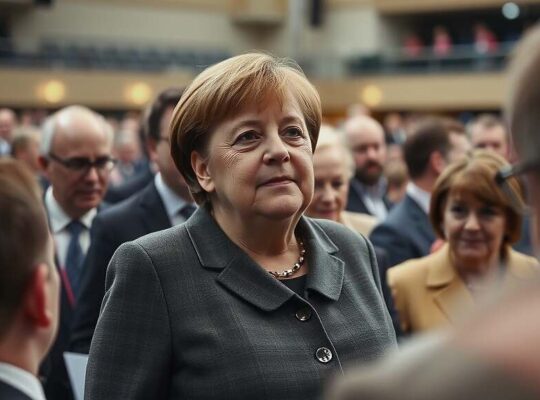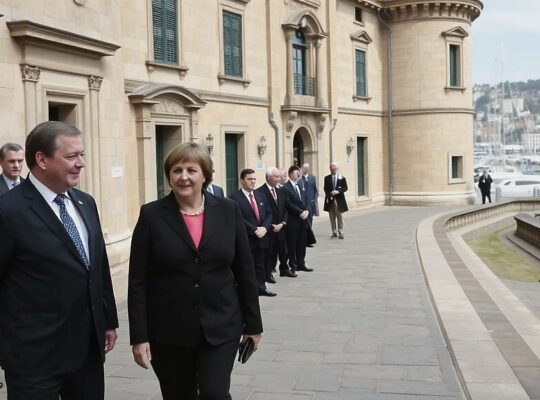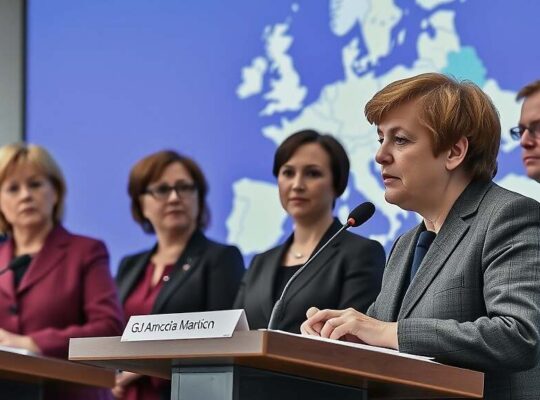Germany’s political landscape continues to be dominated by the Alternative for Germany (AfD), according to a new Forsa poll released this week. The party maintains its position as the largest force in the country, commanding 26% of voter preference – a figure that underscores a persistent and significant shift in the nation’s political sentiment.
The poll, commissioned by RTL and ntv and conducted between October 18th and November 3rd, 2024, reveals a continuing decline amongst traditional powerhouses. The Christian Democratic Union (CDU) and its Bavarian sister party, the CSU, have lost ground, slipping to 24% – a concerning trend suggesting erosion of trust among established conservative voters. While the Social Democratic Party (SPD) registered a marginal increase to 14%, it remains significantly below the levels needed to establish a robust recovery. The Green Party, the Left and the Free Democratic Party (FDP) remain stagnant at 12%, 12% and 3% respectively, highlighting a general lack of momentum across the established political spectrum. The recently formed BSW also holds steady at 3%.
Crucially, the poll data demonstrates a worrying decline in perceived competence within the CDU/CSU. Only 17% of respondents now believe the conservative bloc is best equipped to address Germany’s challenges, a three-point drop from the previous week. This decline narrows the gap with the AfD, which now claims the support of 14% on the competency question. More significantly, a staggering 51% of Germans express distrust in “all” parties, suggesting a widespread disillusionment with the political class.
The findings also paint a bleak picture of CDU leader Friedrich Merz’s performance. A majority – 72% – express dissatisfaction with his leadership, while only 25% approve. Even among those who identify as CDU/CSU supporters, a substantial 70% still offer positive evaluations, suggesting a growing sense of unease even within the party’s base.
This latest poll raises questions about the long-term implications for German politics. The sustained strength of the AfD, coupled with the weakening of the CDU and widespread voter distrust, presents a considerable challenge for the established political order and risks further polarization within the nation. The data suggests a critical need for introspection and a fundamental reassessment of policy approaches to regain public trust and address the underlying anxieties fueling the ongoing political realignment. The survey was based on responses from 2,500 individuals.



